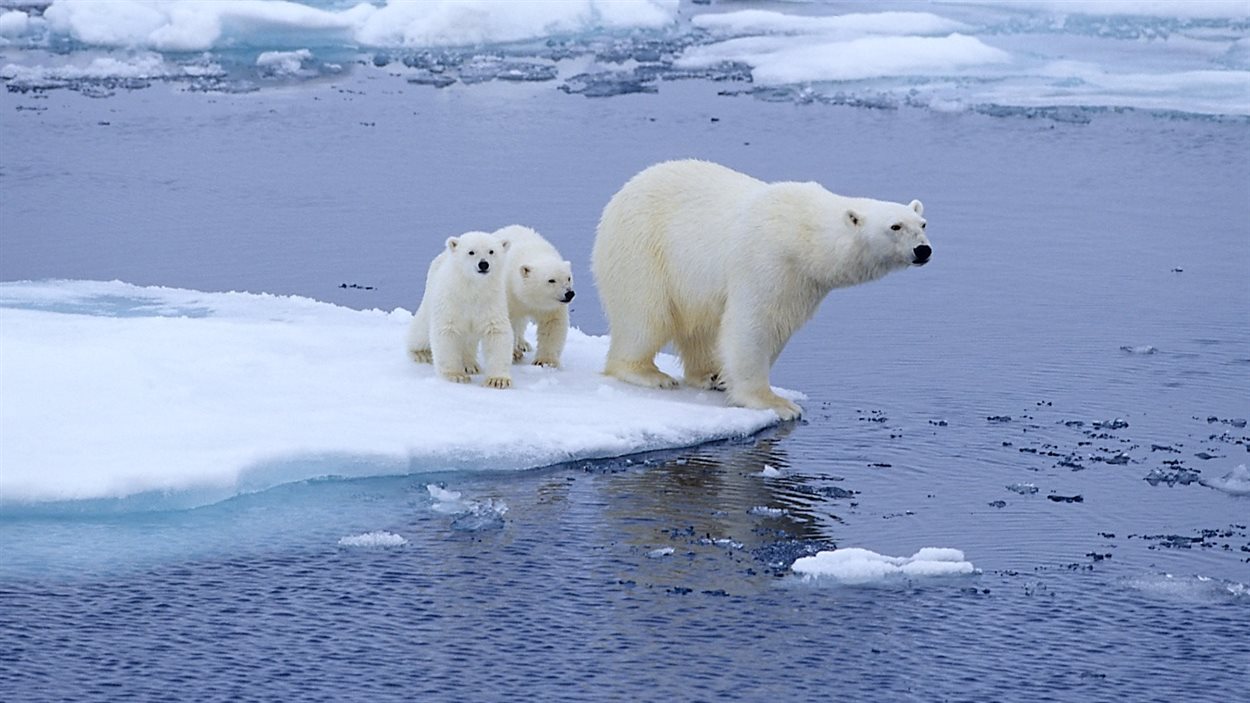This article was originally published in GPR’s Spring 2017 Magazine
By Advait Ramanan
The warm February days may feel great, but might be the sign of something more sinister. Climate change is here and action can’t wait. The evidence that this phenomenon is anthropogenic, or man-made is clear. Almost 97 percent of scientists believe that observed climactic variations are a product of greenhouse gas emissions created by human industry. In the face of overwhelming evidence that action had to be taken, a host of global leaders met in Paris in fall 2015 for a Summit as a part of the United Nation’s Framework Convention on Climate Change to strike an agreement that had nations agree to domestic emissions cuts. The agreement stipulated that each nation would submit a Nationally Determined Contribution (NDC) which included the state’s current levels of emissions and scheduled emissions cuts. The actual emissions reductions from promised cuts will be reviewed in 2018 and then every five years to ensure nations are meeting their obligations. The agreement also featured additional contributions from large states that included green technology financing, financial flows, and a general framework from green development to help small, developing states meet their targets. To sidestep ratification debates in each nation’s legislatures and ensure widespread participation, the agreement was kept entirely voluntary and is susceptible to cheating or circumvention.
While the agreement is entirely voluntary, few were worried about non-enforcement given that most signatory states were not prone to domestic political pressure. The exception to this was the United States, a state with polarization regarding the climate change debate. Any potential fear was considered pessimistic, as the United States was expected to elect former Secretary of State Hillary Clinton to the presidency. This prediction was proven false by the election of businessman Donald Trump. President Trump ran on pro-coal and pro-fossil fuel platforms and considers most emissions restrictions to be wasteful. On the campaign trail, he explicitly stated his disdain for the Paris agreement and promised to move away from the United States’ pledged contributions as they made America less economically competitive.
While many expected Trump to soften his tone after he stepped into the Oval office, his actions in the first month as Commander in Chief have done little to quell fears. He began by appointing Scott Pruitt as the Secretary of the Environmental Protection Agency (EPA). Mr. Pruit spent his career as the attorney general of the state of Oklahoma at odds with the agency, calling its regulations illegitimate and overly burdensome on the fossil fuel industry. President Trump has also rolled back last second Obama executive orders restricting coal pollution and forcing oil companies to disclose contributions to foreign governments. Recent leaks indicate that the Trump administration plans on gutting the regulatory power of the EPA, and at the very least obstructing its ability to restrict emissions.
The Trump presidency will also impact international efforts to mitigate global warming. The administration does not need to formally withdraw from the agreement due to its voluntary nature. This would be a huge blow for the legitimacy of the agreement. The United States is the second largest emitter in the world and would lose the moral high ground that voluntary emissions cuts bring. The perception of a large developed state weathering a hit to its economy in the name of emissions reductions was important in getting developing fossil fuel dependent states on board with these cuts. President Trump could also defund the climate fund for developing states which was a major factor in getting poorer states to sign the agreement. It is unlikely these states will honor their commitments in the face of inaction on the part of the United States These states are necessary to meet and exceed the standards established at Paris, as developing states are the most carbon intensive due to industrialization.
In the face of the surprise victory of Trump, the People’s Republic of China (PRC) has been quick to step in and double down on its commitment to emissions reductions. President Xi Jinping has taken on the challenge of getting other signatory states to commit to their contributed cuts by taking on the role of the major power in favor of resolving global warming. The Chinese have been the largest benefactors of American ambivalence on the issue of climate change. While former President Obama was bogged down by fights with congressional Republicans over climate action, the Chinese planned and implemented an Emissions Trading System to cap the amount of carbon emissions released and allow renewable energy sources to become economically competitive with fossil fuels.
While it seems unlikely that the United States will take any climate actions over the next four years, the PRC’s newfound leadership role may galvanize further actions by other states. In the context of emissions reductions, it is believed that a large state initiating large climate initiatives will have a domino effect on other states. These conditions are met by China, the world’s largest emitter, fastest-growing economy, and a still developing economy. To offset the lack of mitigation in the United States throughout the Trump administration, it is important that other states go above and beyond their existing commitments. This can only be achieved by economy-wide market-based mechanisms such as a carbon tax or emissions trading system.
Global warming is a challenge that must be confronted. While recent efforts by the global community are a step in the right direction, they are set to be stymied by the Trump administration. Domestic politics aside, Trump’s energy plan will halt global momentum to bring down greenhouse gas emissions, given the large role the United States plays in the international arena. China will step up into the United States’ role in due time. Regardless of the success of Chinese efforts, the election of Donald Trump will impact the Earth’s climate. Whether the future will be safe for future generations will remain to be seen.
